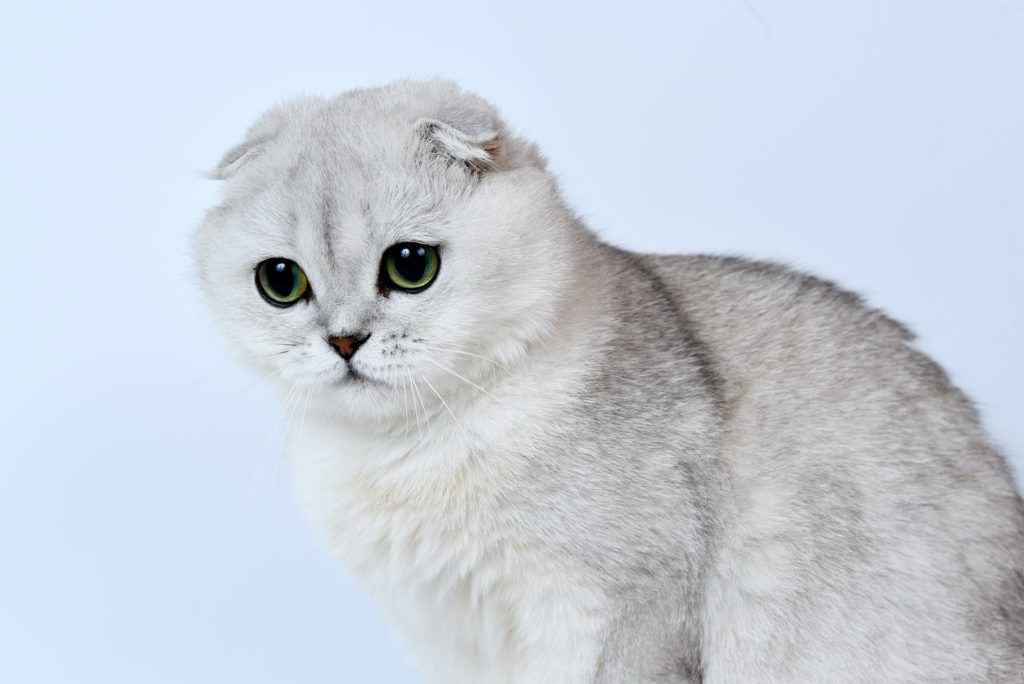October is Breast Cancer Month.
Tonight, 30 September, the Atomium and the Grand Place in Brussels will be lit up in pink to mark Breast Cancer Month which starts tomorrow. The month aims to raise awareness about the disease that affects some 10,000 women in Belgium every year.
This year’s campaign is supported by Princess Delphine, who has designed a special ribbon for supporters, sold in multiple outlets for €3, of which €2 supports the cause.
“Breast cancer weighs heavily on various aspects of life,” she said. “What touches me most is that fellow sufferers can feel very lonely. That's why the ribbon symbolizes a 'love line', showing that our love brings support, colour and warmth to the lives of women battling breast cancer. It gives them and their environment strength and courage.”
Details can be found on the Pink Ribbon website.
An end to some corona support measures
As well as measures against Covid-19 changing tomorrow (these are dealt with in a separate article), some support measures affecting specific groups will also change.
One is the reduced VAT rate charged to businesses in the hospitality industry – bars, restaurants and hotels. Instead of charging customers 12 or 21% VAT that would be passed on to the government, businesses in the hospitality sector were permitted to pass on only 6% VAT. This allowed apparent prices to stay the same (some establishments used the recent confinement as an excuse to raise prices) with a lower VAT being collected by government. From tomorrow, the VAT holiday ends, and the old rates come back into force.
At the same time, a measure particular to Flanders offered support to those whose business was indirectly affected by the pandemic – such as a vegetable producer whose clients were principally restaurants – also ends.
Businesses explicitly ordered to close, such as nightclubs, travel agencies and hotels, will also lose their support.
More money for civil servants
Basic pay for civil servants at all levels goes up by 2%, slightly less than inflation but more than the increase allowed for private sector employees. In that case, the various sectors negotiate on their own behalf, with inflation calculated on one specific date, monthly, or on a quarterly basis.
Stricter car inspections
The red cards previously handed out instead of a warning when lighting or reflector defects were found during car inspections will end. This temporary measure was introduced in December 2019.
From tomorrow, the danger zones include:
- high-beam headlamps or rear fog lamps that do not work on the dashboard
- malfunctioning main light circuits
- badly-mounted number plate lamps
- malfunctioning hazard warning lights or defects in operation
- the condition and the attachment of, among other things, the daytime running lights, the rear lights, the traffic lights and the third traffic light, and the fog lights.
A defect on any of the above will require a re-examination.
Banks can pay dividends again
Banks in the Eurozone will once again be allowed to pay out dividends to investors, after being asked by the European Central Bank at the start of the coronavirus crisis to retain as much money as possible as a buffer reserve.
The idea was to cover the possibility of businesses becoming unable to pay their debts, but in the event, and largely as a result of government support, the problem did not materialise to any great extent.
The ECB already reported in July that it did not intend to prolong that advice, but still warned banks to be cautious.
End of trade in ‘fold cats’
Tomorrow sees an end to the breeding and dealing in Flanders of so-called ‘fold cats,’ like the Scottish fold and Highland fold – cats whose ears lie flat against the head giving them a strange appearance, caused by a defect in the cartilage that would normally maintain a cat’s ears in an erect position. The condition can be painful for the animals, akin to arthritis.
Anyone who breeds such cats must have their animals spayed or neutered. If you already have a fold cat, you can keep it, but not sell it or give it away. Anyone who can no longer care for the animal can only hand it over to a recognised cat shelter.
No more fast-forwarding through ads on TV
Skipping through the advertisements on television programmes you record yourself will still be possible on commercial channels, but the price you have to pay is one minute of ads at the start of every recording, like it or not. TV channels require the ad-block revenue to survive, said a spokesperson for VIA, the industry association for commercial broadcasters.
In Belgium, the rule will not yet apply to the RTBF or VRT, which are publicly funded, or to foreign broadcasters like the BBC. The change will first be felt by some 230,000 Telenet subscribers who are in possession of the latest decoder. They have already been informed by mail or email.
Flu vaccine available at the pharmacy
From tomorrow, anyone wishing to be vaccinated against seasonal flu can pick up a vaccine at the pharmacy without the need for a doctor’s prescription. The idea is to allow the vaccination campaign to proceed as smoothly as possible.
In the past, it was necessary to visit the doctor, get a prescription, go to the pharmacy then go back to the doctor for the vaccine to be administered. The new way cuts out one step. Nonetheless, it is still advised to have the vaccine administered by a medical professional.
For the coming season, Belgium has 3.78 million vaccines prepared – 840,000 more than technically required. There is no shortage foreseen and under the new rule, there will not be any sort of staggered vaccination campaign.
Furthermore, the vaccine is almost fully reimbursed by medical insurance for those over 65 and who have what has come to be known as underlying conditions, as well as pregnant women and healthcare workers.

